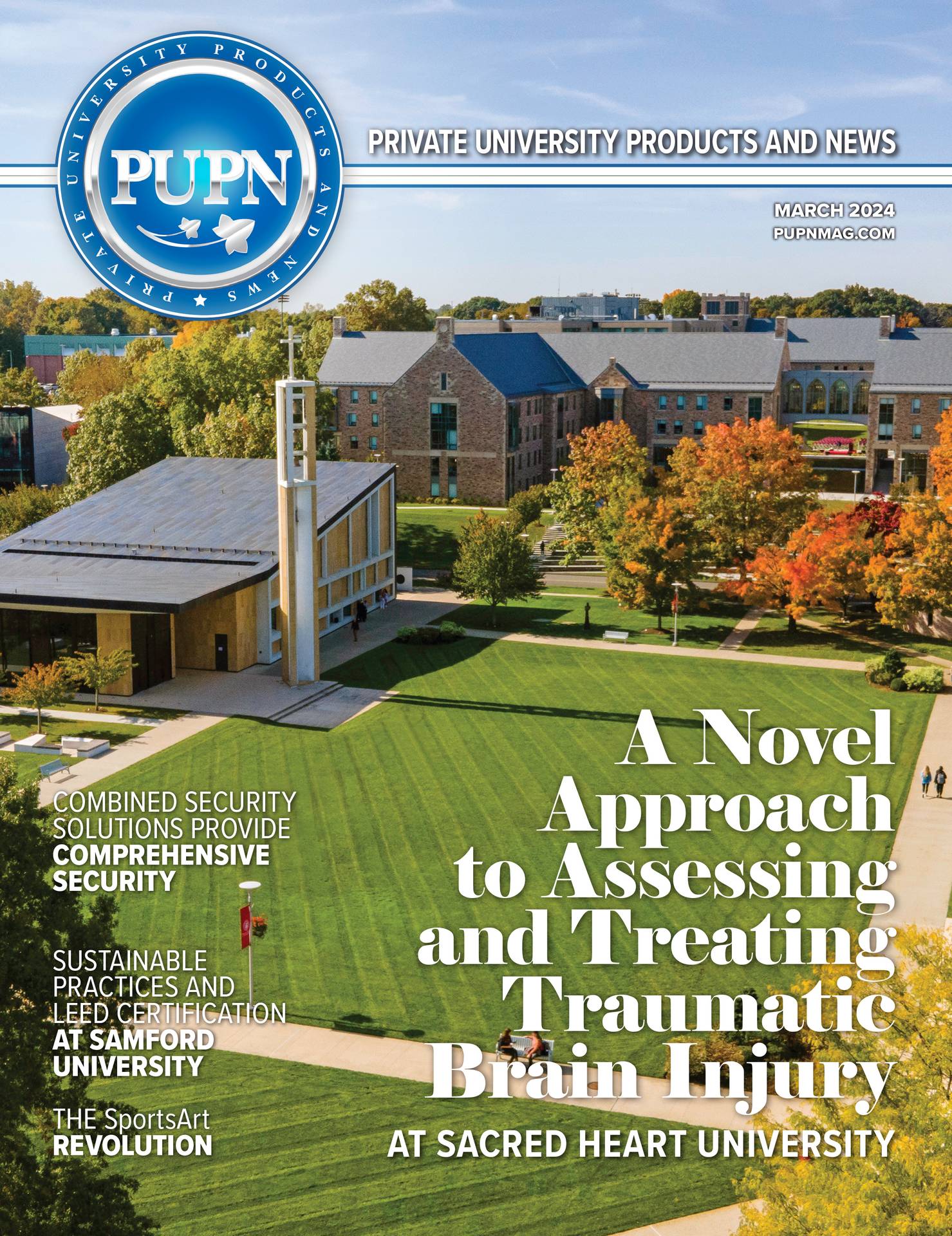Allowing pets may seem a daring choice for a university to make; however, because college students are facing any number of new life stressors as they adjust to life away from home and new academic challenges, a college dorm room is really the perfect place to have a pet.
USA Today featured an article in 2013 saying that college is a stressful environment, and students can feel overwhelmed. Many of them feel that their pets can help them get through the difficult situations, like loneliness and test anxiety.
Pet-Friendly Colleges
There are several colleges that allow students to bring their pets from home and live with them in the dorms. Three of the top-rated schools for pet-friendly campuses are Eckerd College and Stetson University in Florida and Stephens College in Missouri.
All three of these institutions have rules about the type and size of the animal or pet. For instance, Eckerd College allows one animal (dog under 40 pounds, cats, rabbits, ferrets, ducks and chinchillas) or two small pets (fish, hamsters, gerbils, amphibians, nonvenomous reptiles under four feet long and small birds). Stetson University also has a ban on certain breeds of dogs (Pit Bulls, Rottweilers, and Dobermans to name a few) and any dog that displays aggressive behavior. There are application forms for the registration of an animal or pet and inoculation requirements at each location.
Pets as Stress Relievers
Lua Hancock, Ed.D., Vice President for Campus Life and Student Success at Stetson University said that Stetson provides a unique experience allowing students to bring their animals from home or register to be a service dog trainer within three designated animal friendly residential facilities.
“Having pets on campus is a unique way to build community among students,” she offered. “They are a great stress reliever, especially during finals and other exams.” Stetson also has a new dog park on campus thanks to the work of 14-year-old Eagle Scout Corey Sipe’s project and the spirited support of volunteers and Stetson officials.
Tapanga Dahle, a student at Stephens College, has benefited greatly from having her cat Rosie-May Posie with her beginning in her second year. While she did well in her classes and was content the first year, Dahle always felt a bit guilty for not being there for her cat and knowing that she had to burden her father with taking care of her. Once she had Rosie-May at her dorm, Dahle shares that everything was “a bit more fun,” and she didn’t mind hanging out in her room because she was never alone.
Fostering Animals in Dorms
Stephens College also has a local no-kill shelter, Columbia Second Chance, that lets students foster a pet. The program includes training and nurturing the pet back to an adoptable condition and may include scholarship opportunities. Savannah Ordonez, a senior at Stephens who is majoring in biology with a minor in equestrian studies, has been fostering dogs since her freshman year.
Ordonez says, “As a pre-veterinarian student, this experience truly impacted me.” She has fostered many dogs through the years, and she said that people ask her all the time how she can do it without getting too attached to them. She never had an issue with that and said it was “because I see it as me advocating for the animals that can’t speak for themselves.”
Ordonez adds that whenever she completed a long day of classes, she could rely on returning to her dorm to the exuberant spirit of “a happy pup.” For the many dogs she’s fostered, she helped all of them find “fur-ever homes,” an experience that is helping her grow stronger as she prepares to enter the the field of Veterinary Medicine, and one that offers her the opportunity to advocate for animals.
Pet Blessings
With fourteen residence halls at Eckerd currently allowing pets, the college is doing more than just tolerating animals in their students’ lives and in their campus buildings. Instead, they are clearly celebrating the connection their students have with their pets and celebrating the pets themselves.
In order to incorporate their students’ pets into campus events and signify their appreciation for the bond these students share with their animals, Eckerd offers perks that demonstrate just how seriously they take these special guests on campus. For instance, every October they hold a pet blessing in honor of St. Francis of Assisi, patron saint of animals, to honor the important role animals play in the lives of the students, faculty and staff.
This year’s ceremony had 52 pets who received blessings from Reverend Libby Shannon, associate chaplain, and Father Stephan Brown, Catholic Campus Ministry. Each pet received a St. Francis medal and a sprinkle of holy water.
A Partner in Graduating
Every year since 2013, Eckerd College also holds a ceremony for the pets of graduating seniors complete with “diplomas” presented by President Donald R. Eastman, III. In the last few years, nearly two hundred special friends “walked” at graduation to earn their degree from President Eastman in this special ceremony.
Many students even dressed their pets in caps and gowns for the occasion. Species represented in the Pet Class of 2017 included ten dogs, nine cats, three rats, a snake, a guinea pig, a desert tortoise, a parakeet, and a hedgehog. President Eastman has shared that the pet ceremony is one of his favorite events each year, one that “tells you more about what sort of place this is than any other.” It’s easy to see why Eckerd was voted one of the most pet-friendly colleges in the nation.
Constant Support
While a pet can benefit anyone of any age, there is a distinct advantage to having a special friend traveling with a student from home to the new adventure of college. The advantages extend to the universities as well. If students are academically successful, as a result of the emotional support their beloved pets and longtime companions provide, the retention rate will stay strong.
In speaking to what it’s meant to share her dorm room at Stephens College with her long-time furry friend, Dahle notes that Rosie-May, in providing constant companionship, has relaxed her whenever she feels stressed. Dahle explains, “She can tell when I am, and she’ll come and lay near me and she will let me pet her for hours until I start feeling better.”
She also calls her feline friend a “good listener,” who provided warmth and comfort, a kindness and a constant that is hard to find sometimes on a campus where students are far from the comforts of home. Dahle shares, “Rosie May is an irreplaceable part of my life and the best decision I’ve ever made was bringing her here.”










